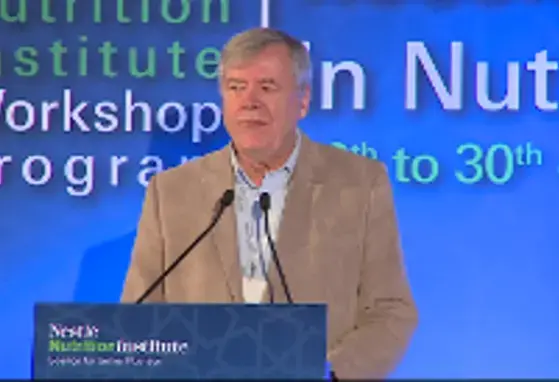Breastfeeding Center
Let's Protect, Promote and Support Breastfeeding
Human milk provides unparalleled nutrition to infants in the early stages of life. WHO/UNICEF recommend exclusive breast-feeding for the first 6 months of life, with the introduction of complementary food at the age of 6 months, and continuation of breastfeeding for as long as mutually agreeable by the mother and the infant
Breast milk is a comprehensive source of energy and macronutrients, as well as bioactive micronutrients essential for the growth and development of an infant.
Infants fed human milk have different gut microflora, exhibit different growth patterns, and even face a lower long-term risk of chronic diseases, such as obesity, types 1 and 2 diabetes, and cardiovascular disease.
Publications


The Nest 42: Human Milk: Evolving of Nature‘s Understanding

Nestlé Research on Human Milk Oligosaccharides: Latest Update
Videos

Human Milk and Clinical Outcomes in Preterm Infants

Human Milk MicroRNAs/Exosomes: Composition and Biological Effects

Breastfeeding, Breast Milk Composition, and Growth Outcomes